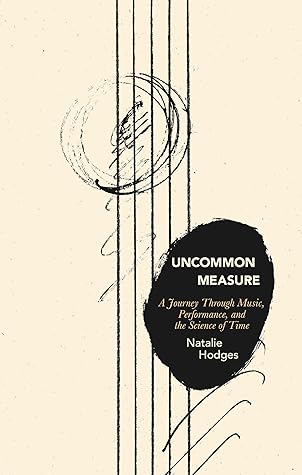More on this book
Community
Kindle Notes & Highlights
Read between
June 10 - June 12, 2025
There’s more to musical time than the ticking by of a beat, just the way the perceived length of an hour is determined less by the passage of sixty minutes than by what happens to us within those minutes.
The malleability of our perception of time is the stuff of music itself. The concept of passage, the way we generally conceptualize time—seconds elapse into minutes, today becomes tomorrow—is of getting through from one thing to another. In music, time is inseparable from sound itself.
When you’re indoctrinated in that method of learning for long enough, improvisation comes to seem antithetical to the kind of hard work and discipline necessary to make “real” music—though nothing could be further from the truth, and such a mind-set is laced with traces of the elitism and racism that historically have made classical music turn up its nose at rock, hip-hop, and jazz.
I was listening to and feeling and understanding music more deeply and clearly than I ever had.
Time, or at least our perception of its passage, is too complicated a subject to examine from either a humanistic or a scientific angle alone. Each needs the other, points inevitably toward the other.


